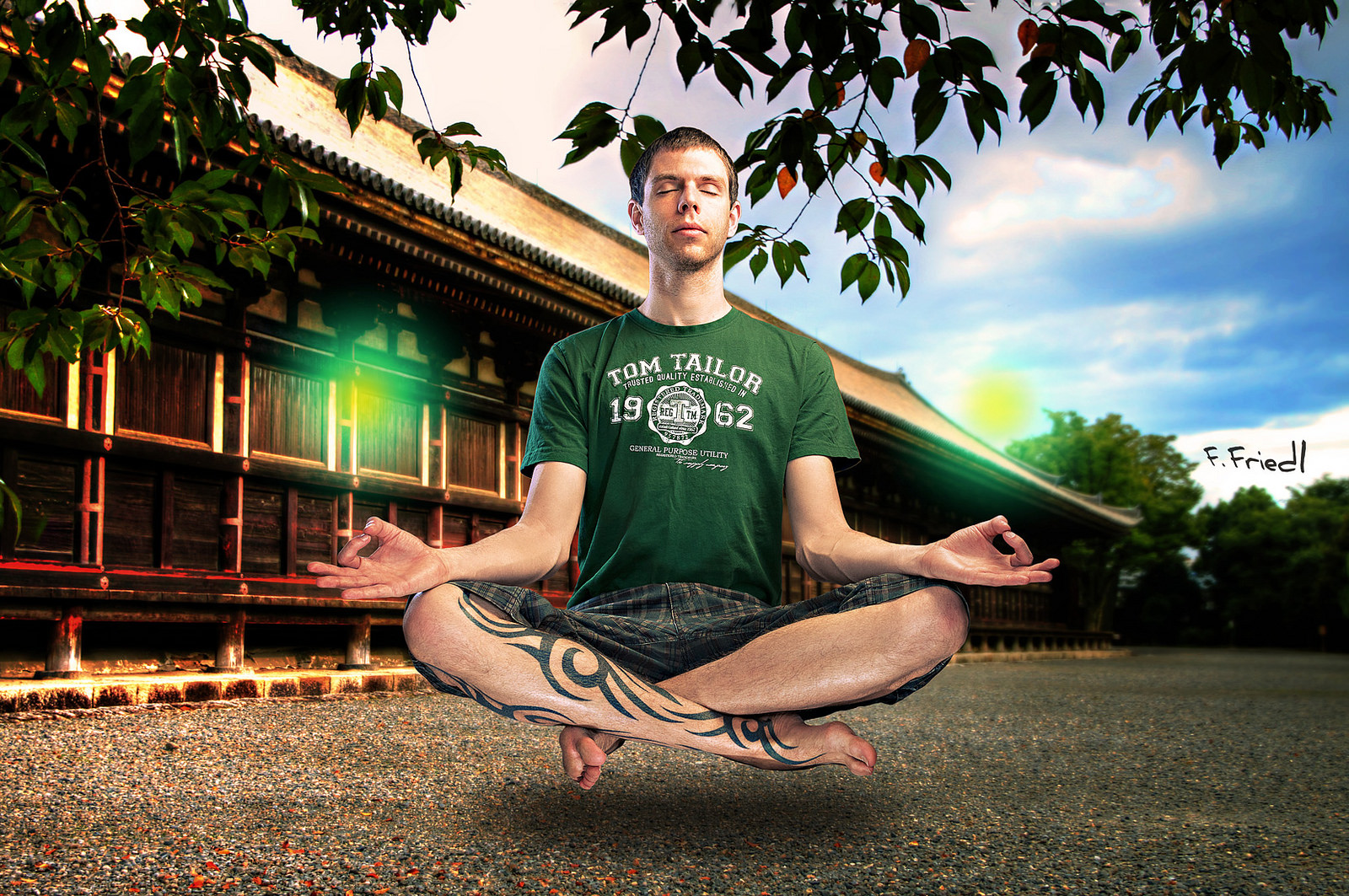For most of my life, I’ve been a student. The Latin etymology of this word is related to studium ‘painstaking application’, making a mistake and trying again, tolerating the discomfort of being in process, approaching each task with the gracious self-acceptance of a beginner. As a student, I was able to nourish dreams and visions of what I could uniquely contribute to the world. As a student, I, and everyone around me, knew I was in a process of learning, of applying myself, painstakingly, to each new task.
As I advanced in my studies, and gained a clearer sense of myself as an emerging adult, my teachers and mentors continually encouraged to take creative risks: to publish plenty of terrible angst-ridden poems as editor of my high school’s literary magazine; to stumble into campus leadership and teach myself how to manage a kosher kitchen for the first time at my college’s Hillel; and finally to explore a variety of rabbi roles in my various internships during rabbinical school.
But a year and a half ago, when I moved to Philadelphia, I came to Philadelphia primarily to live with my partner, and, secondarily, to be a professional. I grieved the loss of the home I had built. I was moving out of the community of learners and the mentors I had found over the course of eight years studying, living and working in Boston. No longer a student, I felt pressure to know my professional calling, to have perfected my craft.
So focused on the grief of leaving the home I had established for myself in Boston, I only now realize that the journey from Boston to Philadelphia was not just a physical journey, but a developmental one. Without the permission of mentors and teachers, without the status of “student”, I am still “painstakingly applying” myself – to my jobs, my relationships, my inner life. My task in this new life-stage is to give myself space to tolerate the discomfort of being imperfect, and in process. The onus is fully on me now to give myself permission to be a beginner, to make mistakes, to endure the discomfort of stumbling in my professional roles.
I realized that I had entered a new developmental stage during a meditation retreat I went on a few weeks ago, when one of my teachers talked about “if only” mind: “If only…I had more friends, or made more money, or had more professional experience, or lived in a different neighborhood.“ This teacher described the ways this mindstate prevents us from being fully present, because it is predicated on our experience needing to be different than it actually is. In this state of mind, we are waiting for things to be just right before we can accept our circumstances. If this habit of perpetually deferring the present moment becomes a habit, life becomes a kind of living death, a dangerous intolerance for the messy side of who and where we are.
By the third day of the retreat, I began to notice this “if only” mind state in myself, and learned to look at what was going on. Often, I was uncomfortable: I was groggy, my leg had fallen asleep, or my arm was tingling. When I stopped seeing these unpleasant sensations as “bad”, I began to receive them as guests. As I welcomed these sensations, I began to notice that they shifted, pulsed, flickered, and sometimes outright disappeared.
More and more, I allowed my awareness to touch not only with pleasant experiences of relaxation and comfort, but also these unpleasant sensations of numbness and tingling. I was amazed to notice that these states of discomfort were not permanent. I could even be their student, painstakingly applying myself to these experiences, if I sat with them and listened. As I did, these sensations began to demonstrate their power to bring me back to the present moment.
In a recent episode of On Being, Dr. Jennifer Hecht challenges us to relinquish this belief we’ll only have meaningful lives if we live in the perfect place, with the perfect friends, and a perfect job:
…you need to trust [that] someday you won’t need to be the king of the world and you’ll be happy to have found someone to love and you’ll be overjoyed to have some children and have a job that pays for your car….
That [trust is] something that comes with growing up. You only later find out, “Oh, they had something there.” When you’re a kid, you…so want to be special.
But special doesn’t turn out to be this huge requirement later on. People find other ways to [be happy]: to have people you love, and meaningful work, and be loved back. It’s what goes on.
Now that I’m back home, I’m beginning to establish a deeper tolerance for discomfort in this new life stage. I am beginning to challenge the belief that I can somehow become unambivalent about my job, my relationships, my location – heck, even the state of world – if I just wait. As I bypass “if only” mind, I realize that the kind of comfort I’m seeking, and feel I left behind in Boston, is actually a mindstate that arrives, wherever I am, when I become a student of the moment – unpleasant or pleasant, without trying to make it different. No longer officially a student, I am giving myself permission to be a student of life, applying myself to love and be loved and to engage in meaningful work.

Rabbi Adam Lavitt is a spiritual leader, educator, and writer living in Philadelphia, where he serves as the campus rabbi at Swarthmore College. He was ordained at the Rabbinical School of Hebrew College, where he also received a Master?s in Jewish Education, and a Certificate in Pastoral Care. He has been a Liturgist in Residence at the National Havurah Institute, and a CLAL Rabbis Without Borders Fellow.

